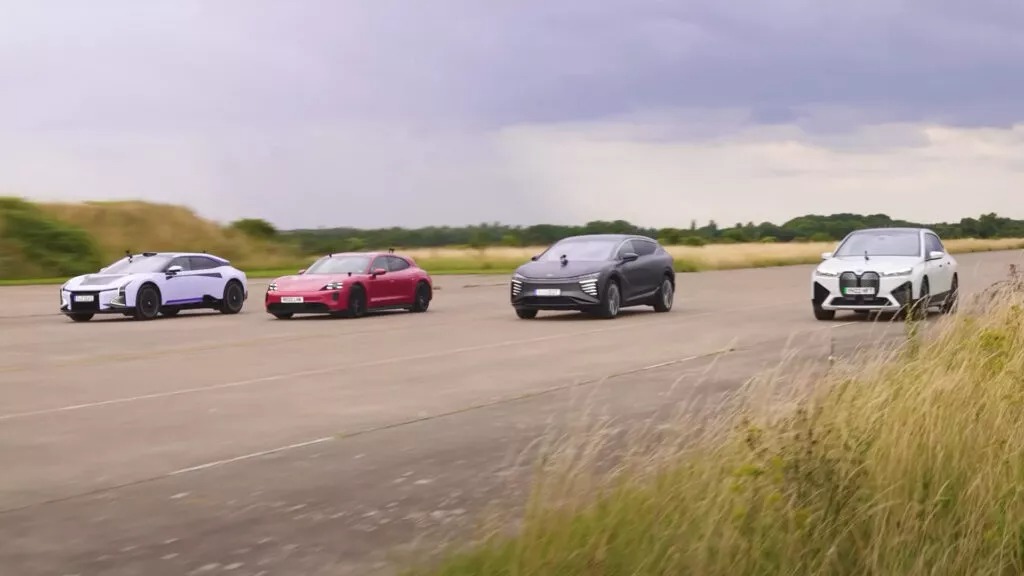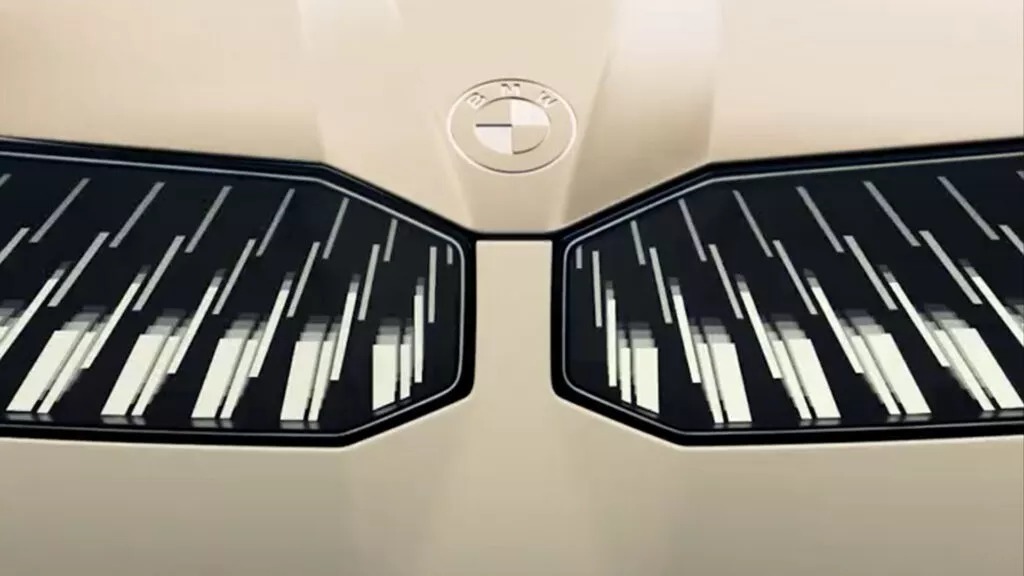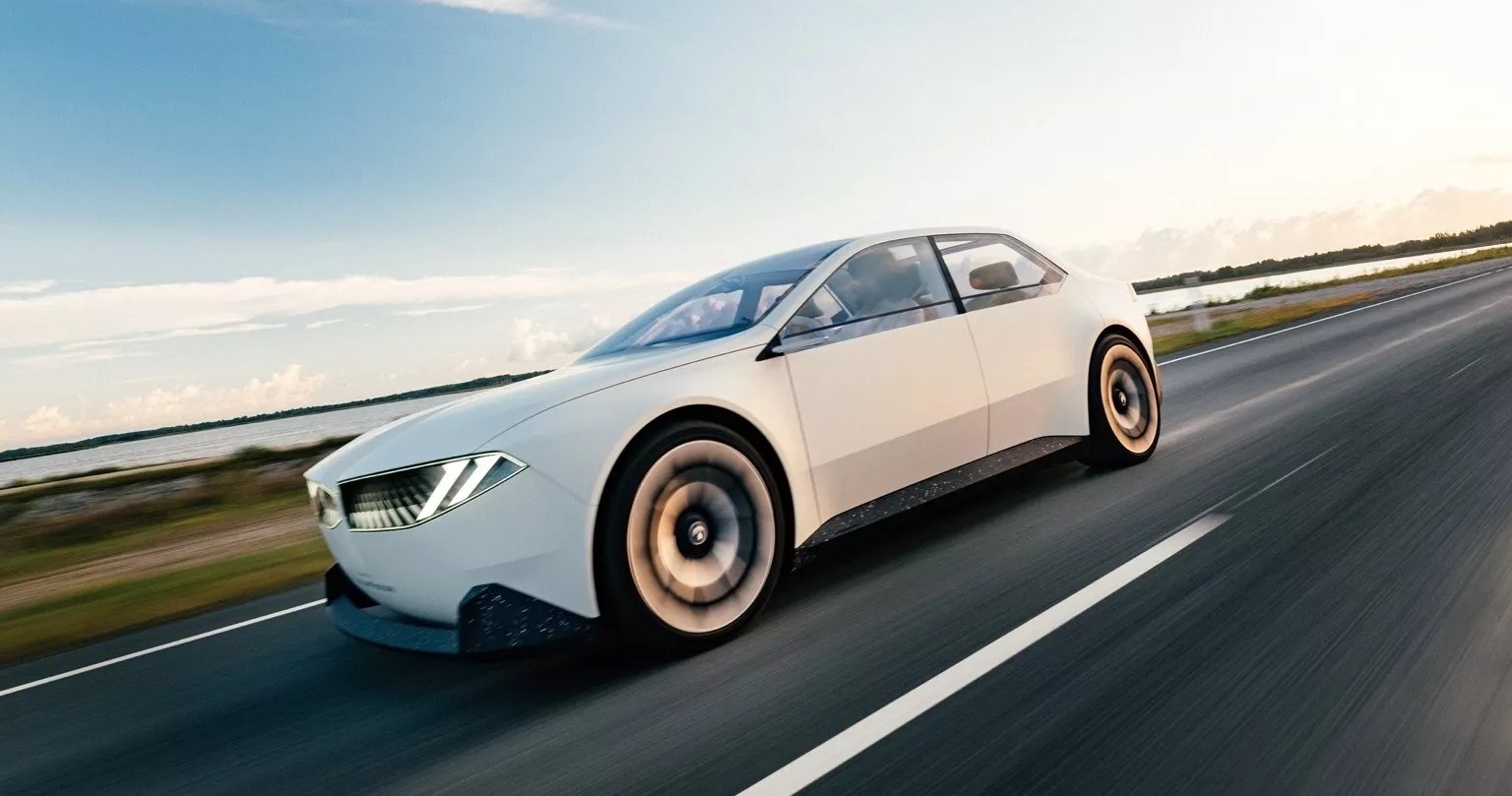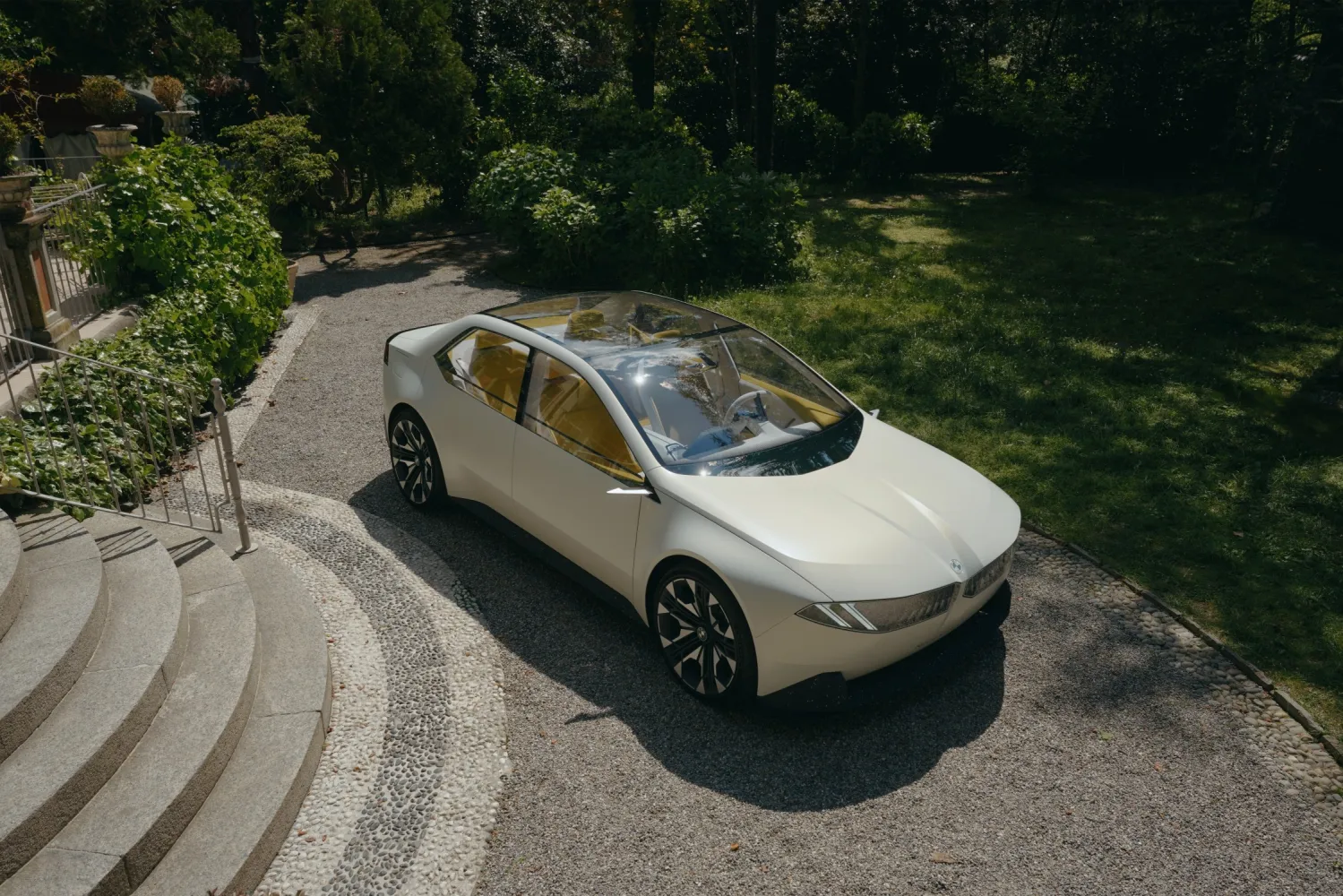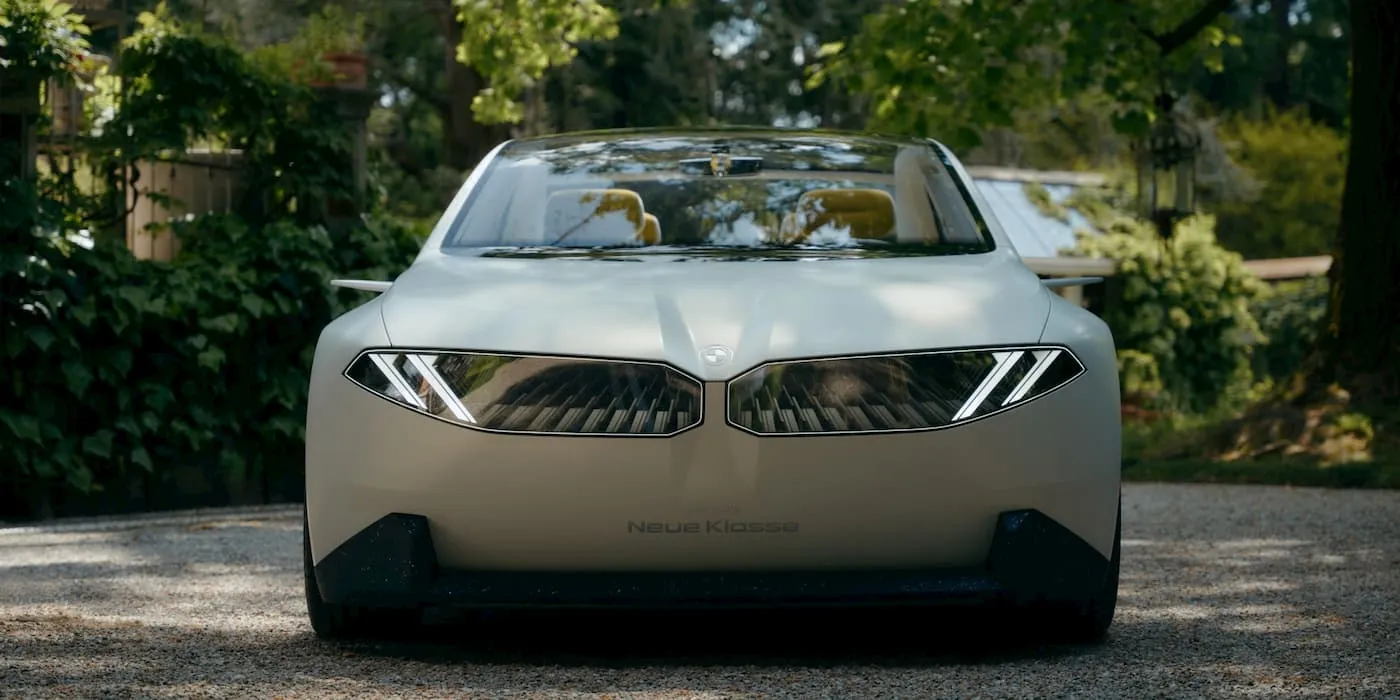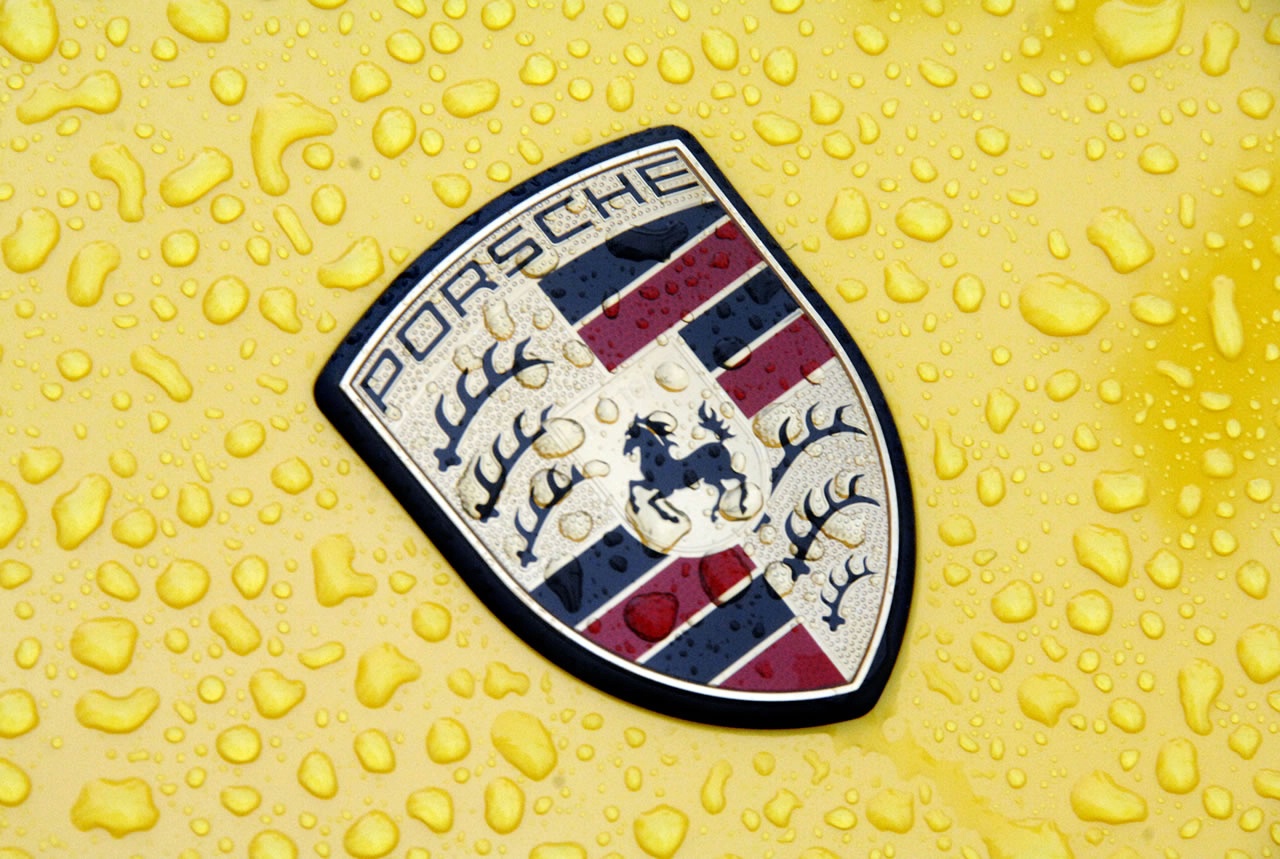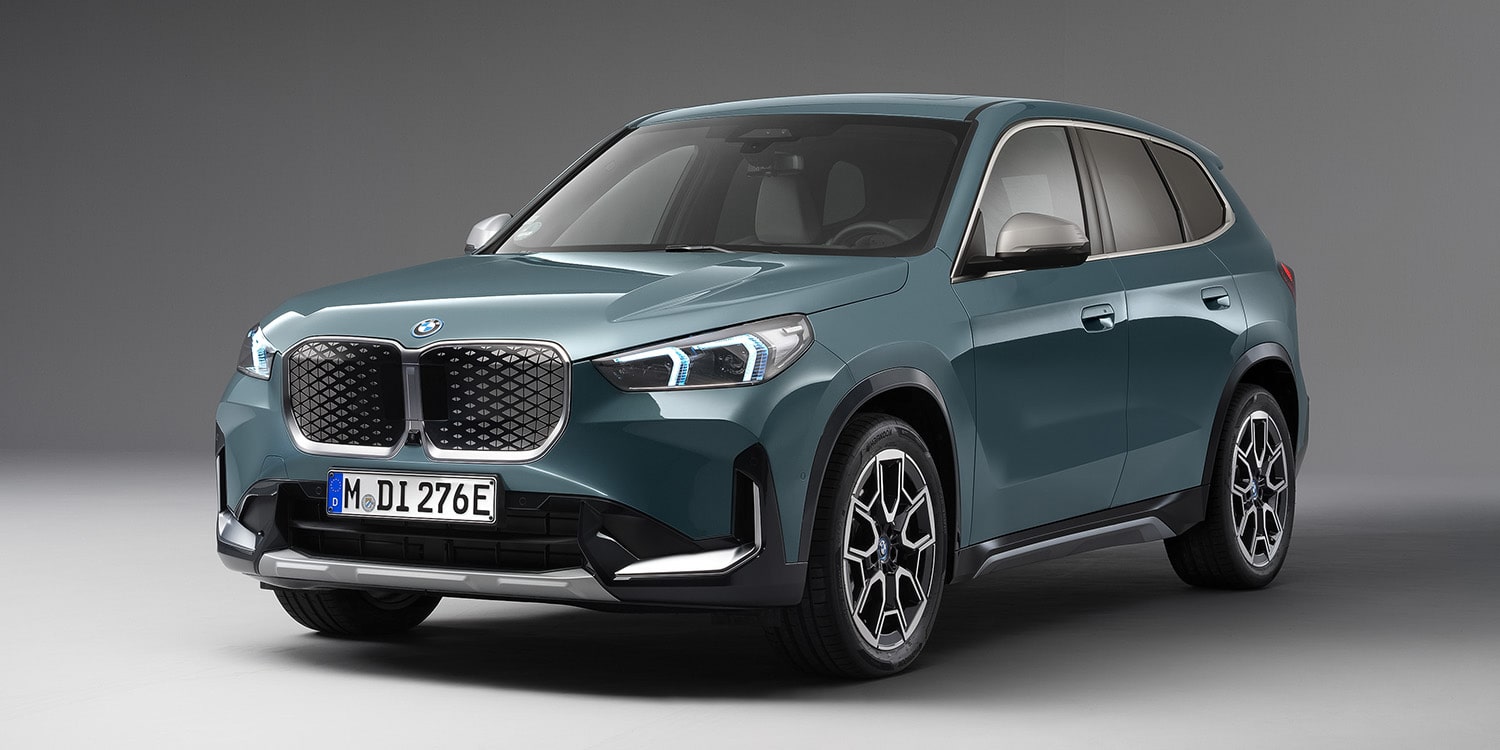In a recent assessment conducted by CarWow, the prowess of Chinese electric vehicles (EVs) is put to the test against their German counterparts in terms of acceleration and braking performance. The results shed light on the growing competition in the premium EV market.
Car enthusiasts and industry observers have long held Germany’s reputation for engineering excellence and high-performance vehicles in high regard. However, China’s automotive industry has undergone a remarkable transformation in recent years, venturing into the EV market with premium offerings that aim to rival established players on a global scale.
See also: Watch the MG4 EV XPower Outpace Lamborghini and Nissan GT-R in Drag Race Showdown
CarWow, a reputable automotive platform, recently orchestrated a comparison that brought together two of the latest Chinese EV entrants in the European market – the HiPhi Z and HiPhi X – to take on the Porsche Taycan GTS Sport Turismo and the BMW iX M60. The challenge: determining which electric powerhouse could accelerate the quickest and come to a stop with the most force.
In the initial acceleration test, all four vehicles exhibited impressive launch capabilities, yet it was the Porsche and BMW that exhibited superior acceleration, swiftly pulling ahead of their competitors. Despite the HiPhi Z boasting 672 horsepower and 605 lb-ft (820 Nm) of torque, alongside the Taycan GTS’s 590 horsepower and 626 lb-ft (850 Nm), the latter managed to establish a lead. The BMW iX M60, despite being the heaviest contender at 2,584 kg (5,696 lbs), distinguished itself with 619 horsepower and an astounding 811 lb-ft (1,100 Nm) of torque. The Taycan GTS’s agility is attributed to its comparatively lower weight, tipping the scales at 2,310 kg, while the BMW’s robust performance is aided by its impressive torque output.
As the competition advanced to the second race, the Porsche and BMW continued to showcase their supremacy, crossing the finish line ahead of their Chinese rivals. A rolling race was also organized, during which the HiPhi Z initially surged ahead but subsequently encountered an electronic speed limiter, allowing the Porsche and BMW to surge past it.
The results of this high-stakes test highlight the intense rivalry emerging in the premium EV segment, where Chinese car manufacturers are emerging as serious contenders to challenge the long-standing dominance of German automakers. As the global EV market continues to evolve, these performances underscore the broader shift in the automotive landscape, urging manufacturers to push the boundaries of innovation and performance to capture the attention of discerning consumers worldwide.

